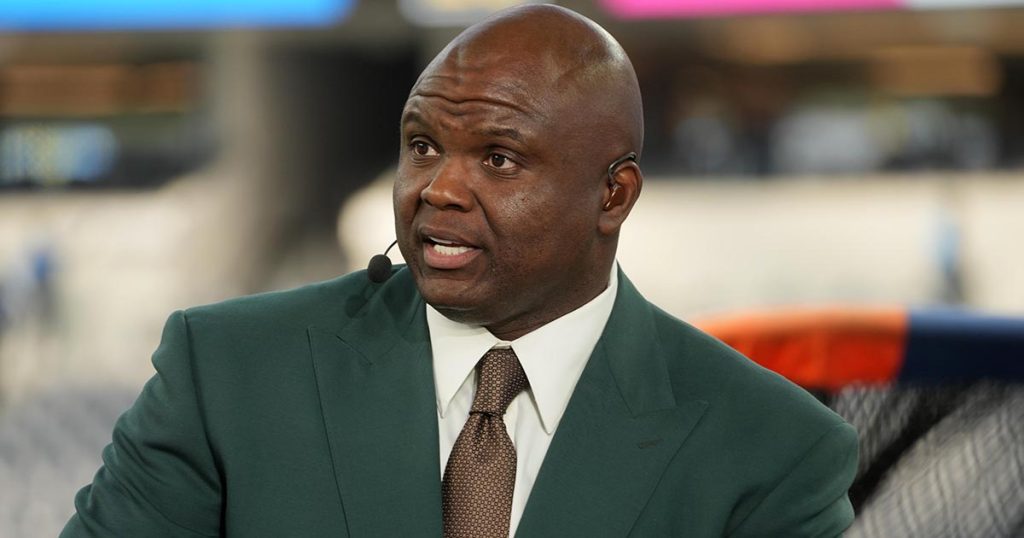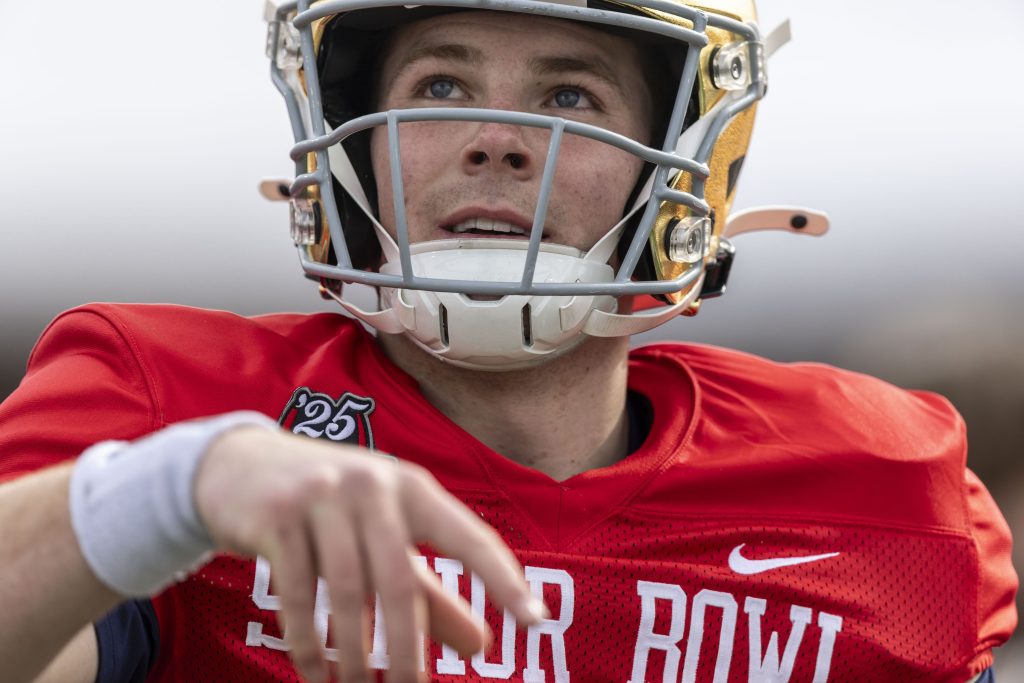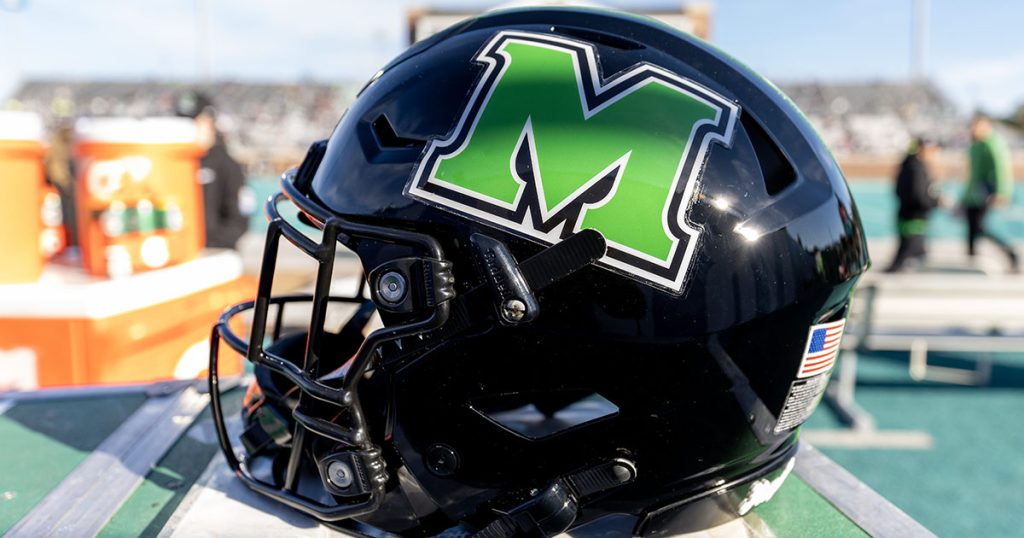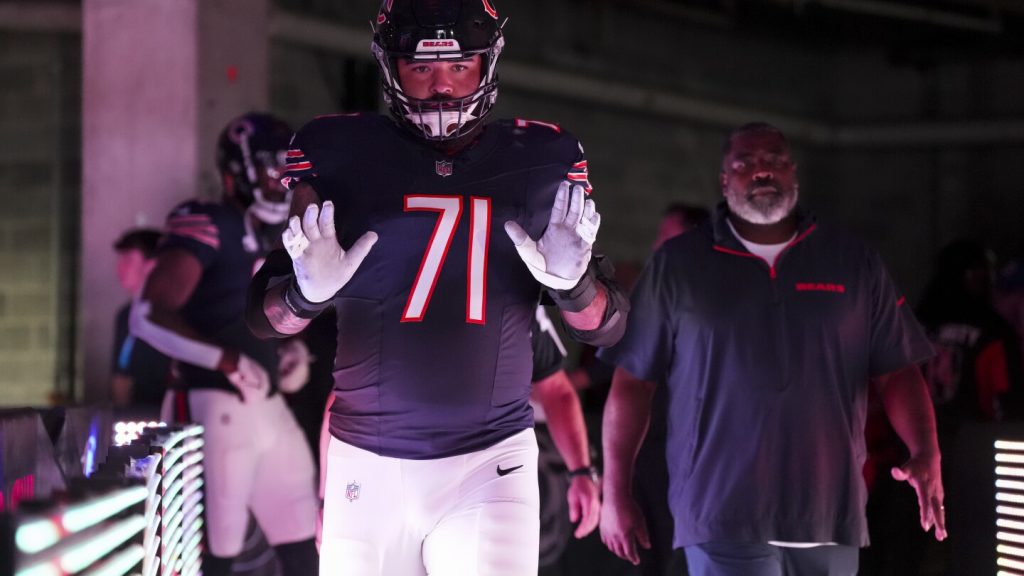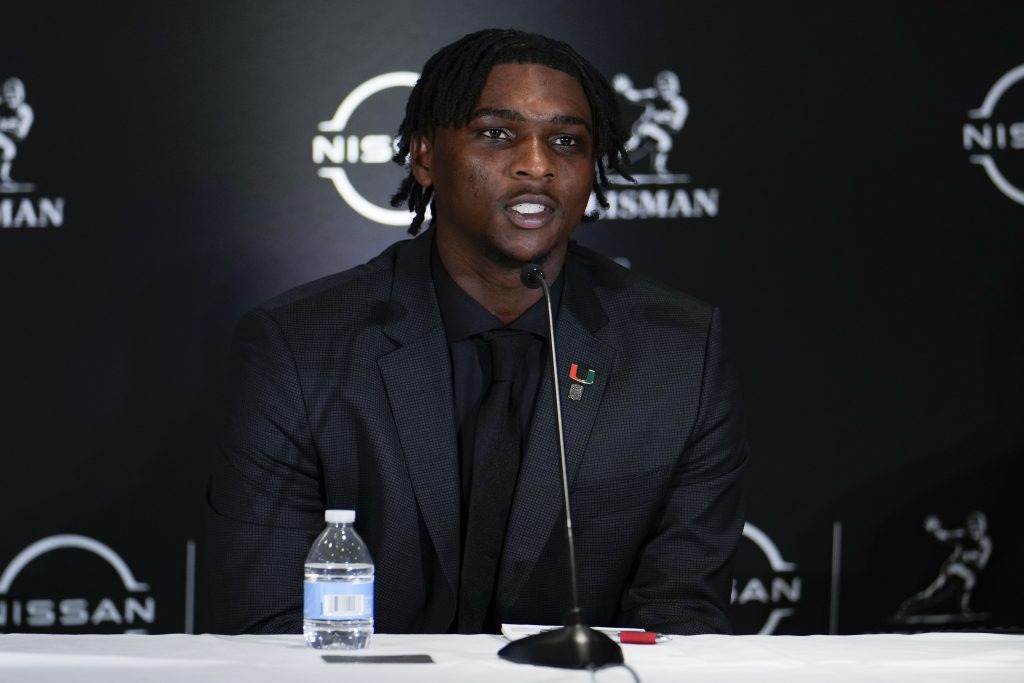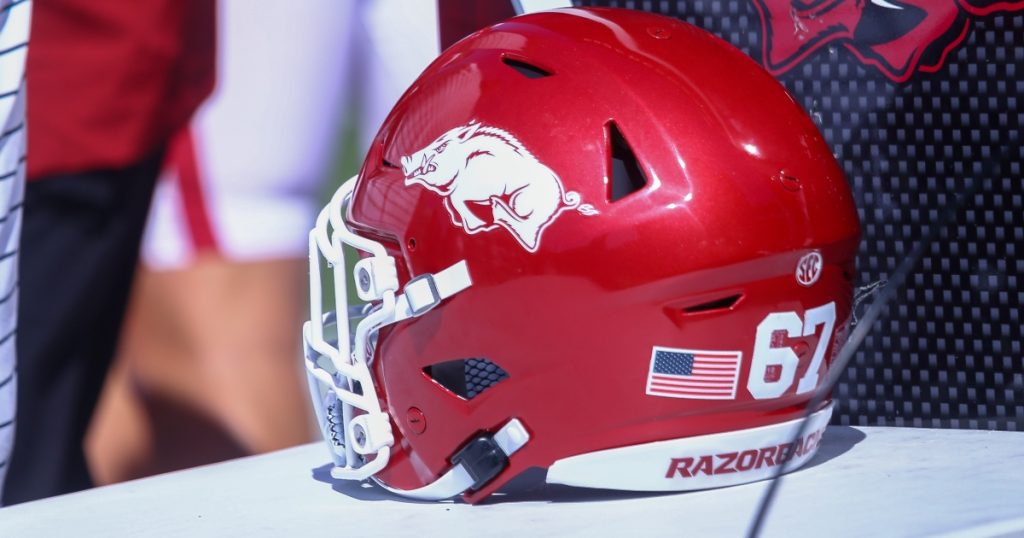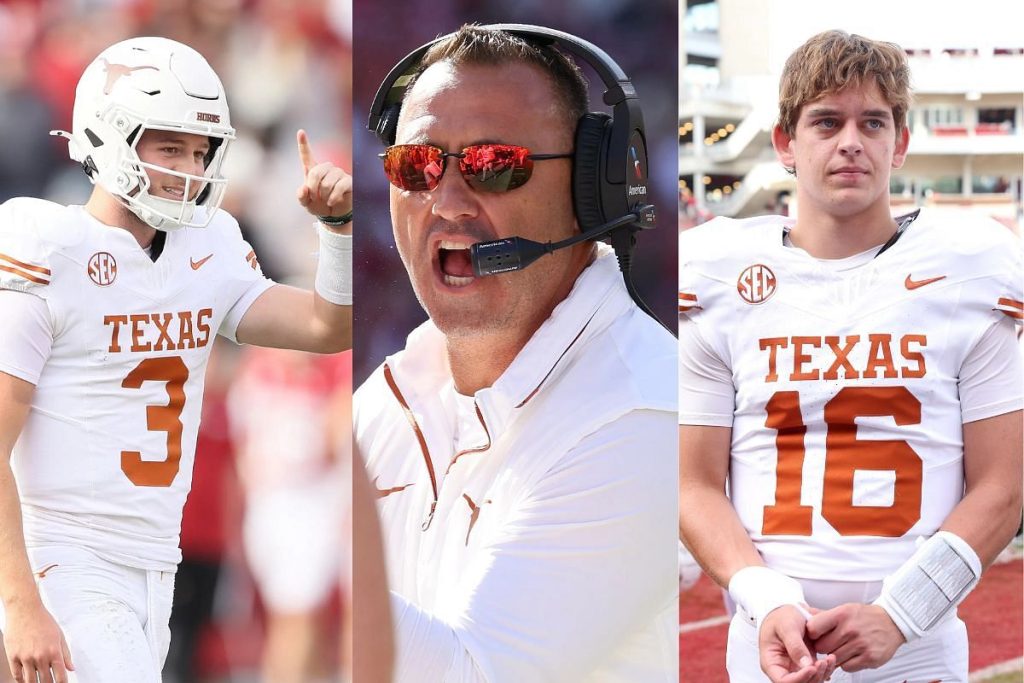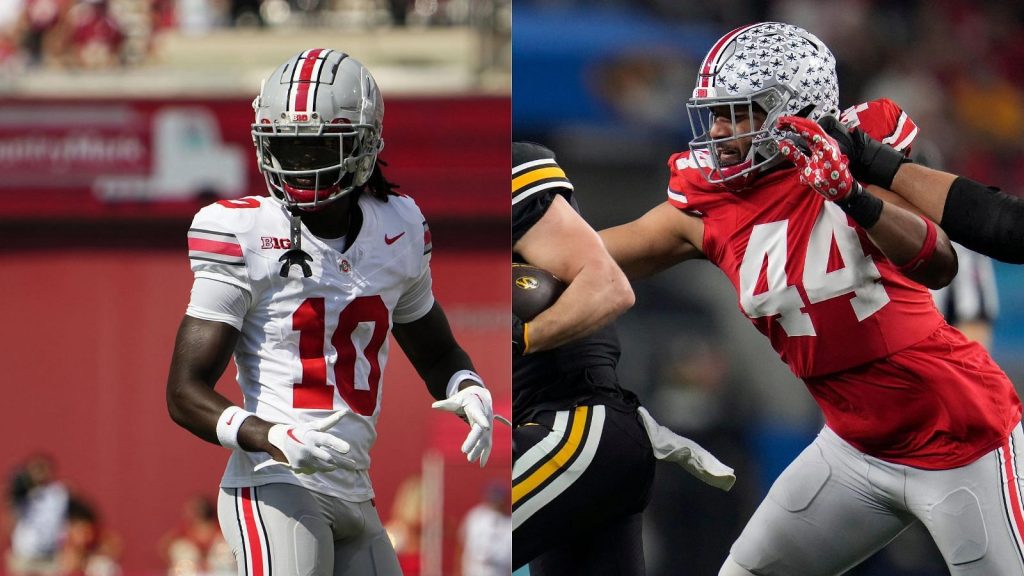Former LSU standout Booger McFarland recently graced the Pardon My Take podcast, diving into a myriad of pressing college football questions. One of the burning topics? The future of the SEC and whether its reign of dominance is truly coming to an end.
Is the SEC’s Dominance Over?
For nearly two decades, the SEC has been the gold standard in college football, boasting an impressive track record of success. However, as we look at the current landscape, the question arises: Is the SEC’s dominance waning? This season, there are no SEC teams competing in the national championship game, a stark contrast to previous years. Not only that, but the league faced unexpected outcomes in the College Football Playoff, with teams like Tennessee, Georgia, and Texas all suffering defeats. To add insult to injury, some SEC teams that argued they deserved playoff spots ended up losing in their bowl games.
The Changing Landscape of College Football
“Yeah, I mean, listen. I’m not going to apologize for a conference that’s dominated college football,” McFarland stated firmly. “What I will say is this: I think the years and the ages where the SEC and to a certain extent the ACC with Clemson dominate college football is over with.” His words resonate with the shifting dynamics in the sport, where traditional powerhouses are facing new challenges.
The landscape of college football is evolving rapidly, and Booger McFarland has some insights into why. He pointed to the emergence of the transfer portal and the influence of NIL (Name, Image, Likeness) deals as game-changers. “You look no further than the transfer portal and NIL, because no longer can these teams in the south stack their rosters,” he explained. “Because I’m not going to wait two years to play when I can go to Penn State or Oregon or Michigan and I can play right now, I can play right now, and they’ll pay me 250 grand. So that’s just never, ever going to end.”
Recruitment and Parity in College Football
The implications of these changes are profound. With the ability to transfer and the lure of lucrative NIL deals, top recruits are no longer tied to traditional powerhouses. McFarland highlighted the case of this year’s No. 1 recruit, Bryce Underwood. “Bryce Underwood was committed to LSU for 10 months. At the very end, here comes (Larry) Ellison, here comes (Dave) Portnoy, here comes (Tom) Brady, and all this money comes in and now he comes to Michigan.”
This shift in recruitment dynamics signifies a broader trend. “Five years ago that doesn’t happen, but now it happens. I just think we’ve reached a point where there’s going to be a lot more parity in college football.” With top talent spreading out across various programs, the SEC’s stranglehold on the sport may indeed be loosening.
Can the SEC Regain Its Footing?
But what does this mean for the SEC moving forward? Can the conference reclaim its former glory? McFarland believes it might be more challenging than many anticipate. “It was a special period for a long time, but there were some unique circumstances that led to the dominance.” The SEC’s success was built on a foundation that may no longer be sustainable in the current environment.
As we look ahead, the question remains: Will the SEC adapt to these changes, or will it struggle to keep pace with the evolving landscape of college football? The answers may not be clear just yet, but one thing is certain: the game is changing, and the SEC will need to respond if it hopes to maintain its status as the premier conference in college football.
The Future of College Football
The narrative of college football is shifting, and with it comes a new era of competition. As teams across the nation embrace the transfer portal and NIL opportunities, the traditional power structures are being challenged. The SEC, once the undisputed leader, now finds itself in a fight for relevance among a growing number of contenders.
In this new landscape, fans can expect thrilling matchups and unexpected outcomes. The days of a few teams dominating the scene may be behind us, giving way to a more balanced and unpredictable college football experience. As Booger McFarland aptly noted, the future holds the promise of greater parity, which could lead to a more exciting and competitive sport for everyone involved.
So, as we gear up for the next season, the question lingers: How will the SEC respond to this new reality? Only time will tell, but one thing is for sure—college football is entering a thrilling new chapter.

